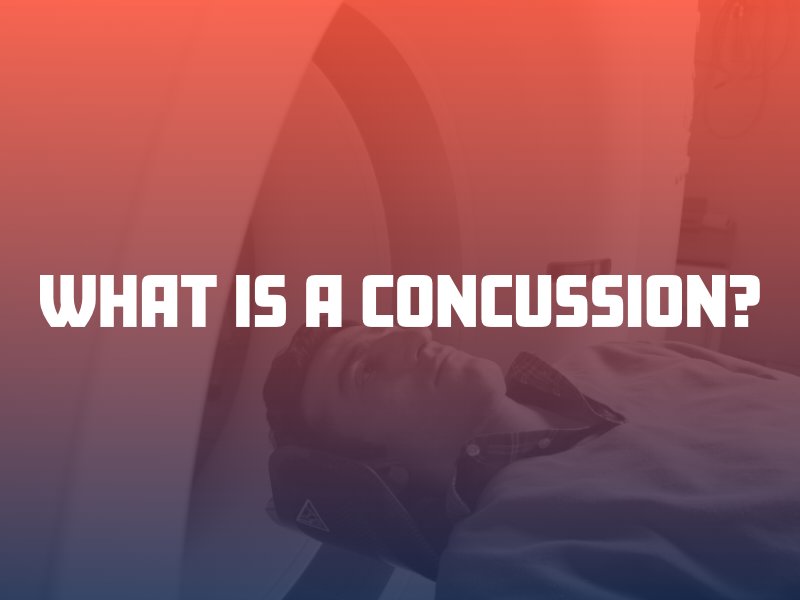
A concussion is a type of traumatic brain injury that can be caused by a bump or blow to the head. While many concussions are considered mild brain injuries, they can pose serious and even permanent risks to a victim. These risks increase if the concussion goes undiagnosed and untreated. Recognizing the symptoms of a concussion can allow a victim to receive prompt medical care.
Headache
A concussion from a motor vehicle accident, fall, falling object or act of violence could cause a chronic or persistent headache. A headache that gets worse and will not go away can be a sign of brain trauma. If you experience a lasting headache after hitting your head in any type of accident, go to a doctor for a possible concussion. Other signs include sensitivity to light and sound, seeing spots in your vision, and ringing in your ears.
Nausea or Vomiting
In some cases, concussions can cause nausea and vomiting. Repeated vomiting is especially a sign of a head or brain injury after an accident. In a child, any loss of appetite – such as a child who will not nurse or eat – could be a sign of a concussion. A crying child who cannot be consoled may also point to a head or brain injury.
Loss of Consciousness
Concussions can result in a brief loss of consciousness. Some people can lose consciousness for a short time, such as a few seconds to several minutes. The longer the amount of time spent unconscious, the more serious the head injury may be. Note, however, that a loss of consciousness does not always mean a concussion. Being unable to remember the incident and events prior to it (amnesia) is also a sign of a concussion.
Cognitive Difficulties
A unique aspect of a brain injury is that it can have more than just a physical effect on a victim; it can also lead to cognitive challenges. This can include feeling dazed, sluggish, groggy, “foggy,” confused, disoriented and distracted. If you notice trouble concentrating, remembering new information, communicating, thinking clearly or you feel cognitively slower than usual, this could be a sign of concussion. Temporary or permanent memory loss is also a sign of a brain injury.
Emotional Changes
A patient with a concussion may notice changes in his or her emotions, moods, personality and mental state. Common examples are irritability, mood swings, sudden outbursts or feeling more emotional than usual. Chronic anxiety, nervousness, sadness or depression could also be a sign of a brain injury. In children, parents may notice crankiness, a decrease in school performance, a child lashing out at others, increased crying, or a lack of interest in toys or food.
Trouble Sleeping
A concussion can sometimes disrupt a victim’s sleeping patterns. Sleep disturbances can include feeling drowsy immediately after the accident, sleeping more or less than usual after the accident, or having trouble falling asleep. Chronic fatigue during the day could also point to a head or brain injury.
Diagnosed With a Brain Injury? Contact an Attorney for Help
Not all concussions have immediately apparent symptoms. In some cases, the effects of a brain injury can be delayed as much as months after the accident. A victim may live with the symptoms of a concussion for many months, years or even permanently. Note that a concussion can also arise even without a bump or blow to the head; forces such as shaking the head or rapid motion could also cause the brain harm.
If you or a loved one gets diagnosed with a concussion after an accident in Albuquerque, contact an Albuquerque brain injury attorney for help. You may be able to recover financial compensation from the party responsible for your accident.




